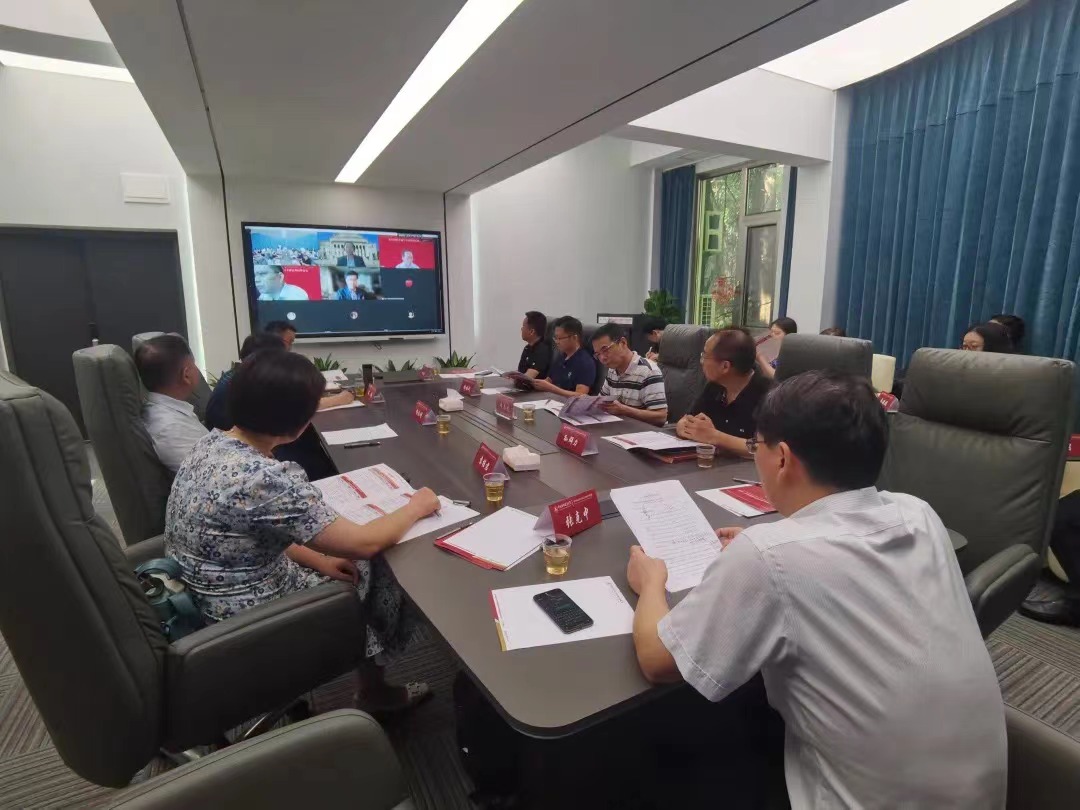
On 25th June 2022, The 3rd Public Finance, Taxation and Global Governance Conference (2022) was successfully held at Zhongnan University of Economics and Law. The conference was jointly organised by the Institute of Public Finance and Taxation, IIDPF, and the "Innovation and Intelligence Base of Digital Technology and Public Finance" under the Ministry of Education and the Ministry of Science and Technology, and the School of Economics of Zhongnan University of Economics and Law, with the support of Management World.
The conference was held in a hybrid online and offline setting, and was streamed live via webcam. It was attended by experts and scholars from universities including Columbia University Business School, China Academy of Fiscal Science, OECD Fiscal Affairs Department, Institute of Financial Strategy of Chinese Academy of Social Sciences, National Development Research Institute of Peking University, Institute of Economic Research of Chinese Academy of Social Sciences, China Taxation Journal, Institute of Industrial Economics of Chinese Academy of Social Sciences, and young scholars from more than 20 universities including Peking University, Zhejiang University, Fudan University, Renmin University of China, Wuhan University, Huazhong University of Science and Technology, Sun Yat-sen University and Xiamen University. The meeting was chaired by Professor Zhang Kezhong, Dean of the School of Public Finance and Taxation of Zhongnan University of Economics and Law and Deputy Director of IIDPF.
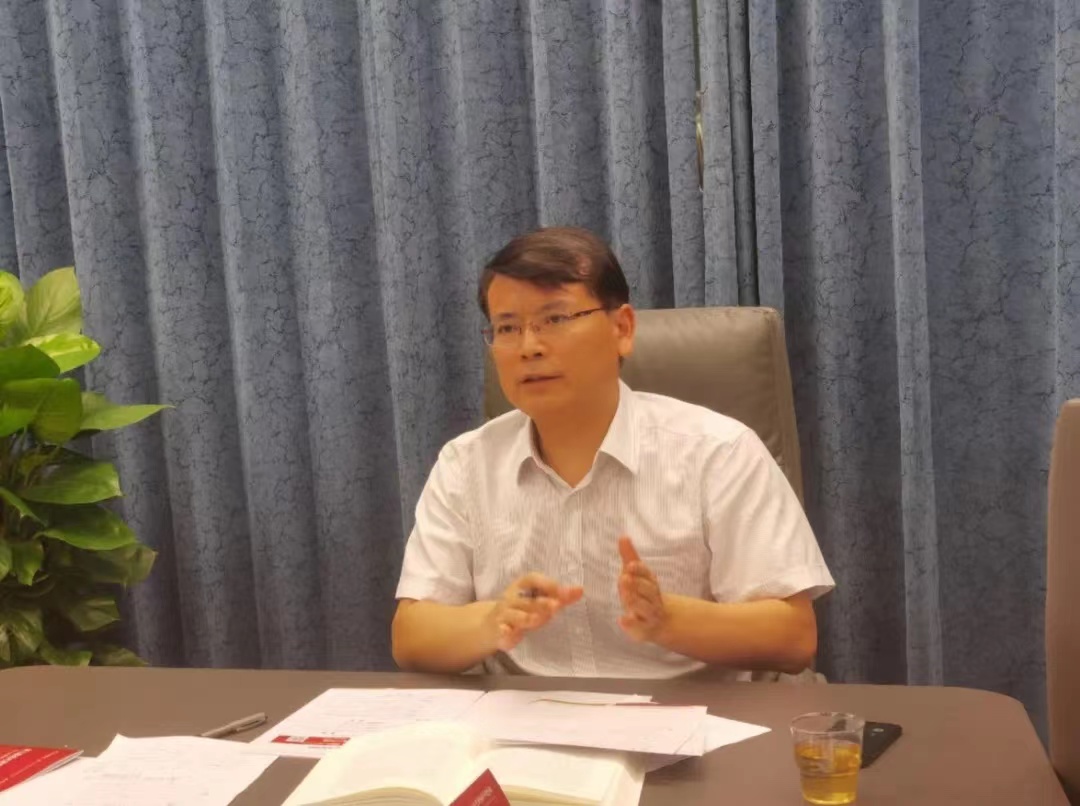
Professor Zhang Kezhong, Dean of the School of Public Finance and Taxation of Zhongnan University of Economics and Law and Deputy Director of IIDPF
I. Opening ceremony
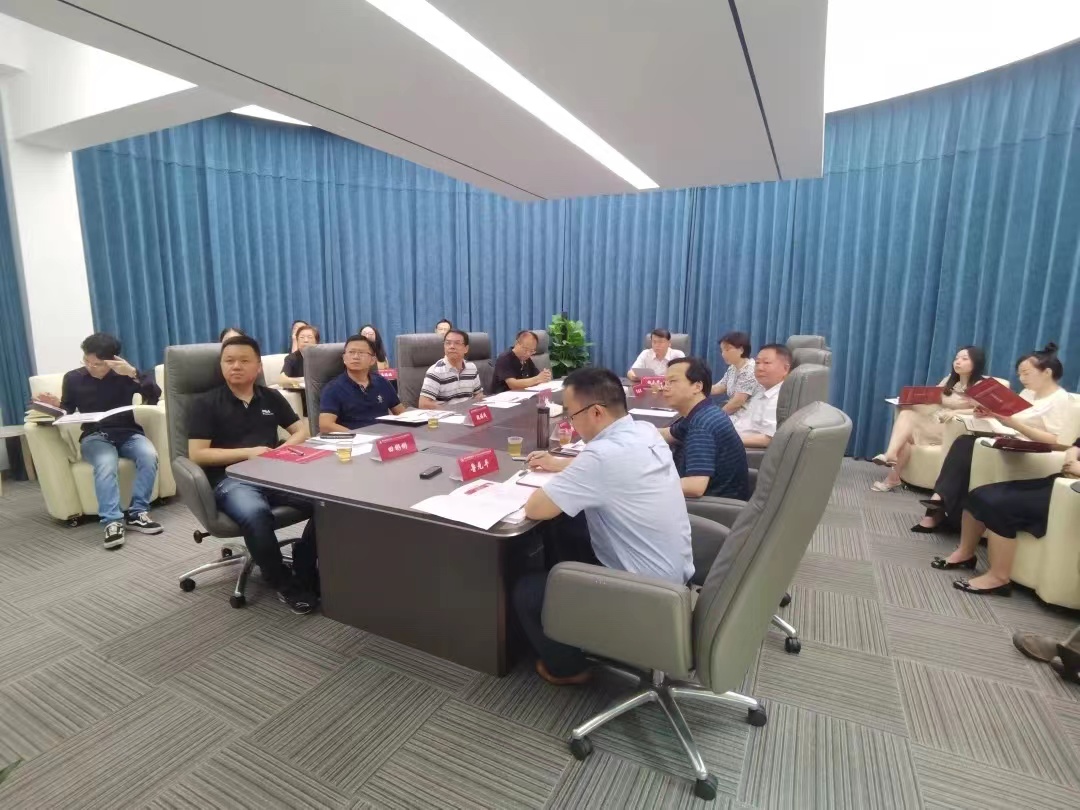
The forum was attended by Prof. Yang Canming, President of Zhongnan University of Economics and Law and Director of IIDPF, Prof. Li Zhisheng, Assistant to the President of Zhongnan University of Economics and Law, Head of Academic Affairs Department and Director of the Innovation and Talent Introduction Base of Digital Technology and Public Finance, Prof. Yuan Guijun, Secretary of the Party Committee of the School of Public Finance and Taxation, Prof. Xue Gang, Deputy Dean, Prof. Wei Fucheng, Associate Dean, Prof. Pang Fengxi and Professor Yan Ping, Professor Sun Qunli, Deputy Director of IIDPF, Professor Lu Yuanping, Executive Deputy Director of IIDPF, Associate Professor Sun Xianming, Executive Deputy Director of IIDPF, and researchers of IIDPF.
Online participants of the forum included: Professor Wei Shangjin from Columbia University Business School, Researcher Liu Shangxi, Secretary of the Party Committee and President of the Chinese Academy of Fiscal Sciences, Researcher Liao Tizhong, Senior Advisor of the OECD Fiscal Affairs Department and former Director of the Department of International Taxation of the State Administration of Taxation, Professor Yang Zhiyong, Vice President of the Institute of Financial Strategy of the Chinese Academy of Social Sciences, Professor Yu Miaojie, Secretary of the Party Committee of the National Development Research Institute of Peking University, Researcher Li Rengui from the Institute of Economic Research of the Chinese Academy of Social Sciences, Researcher Chen Shuangzhuan from China Taxationand Researcher Xu Ming from the Institute of Industrial Economics of the Chinese Academy of Social Sciences.
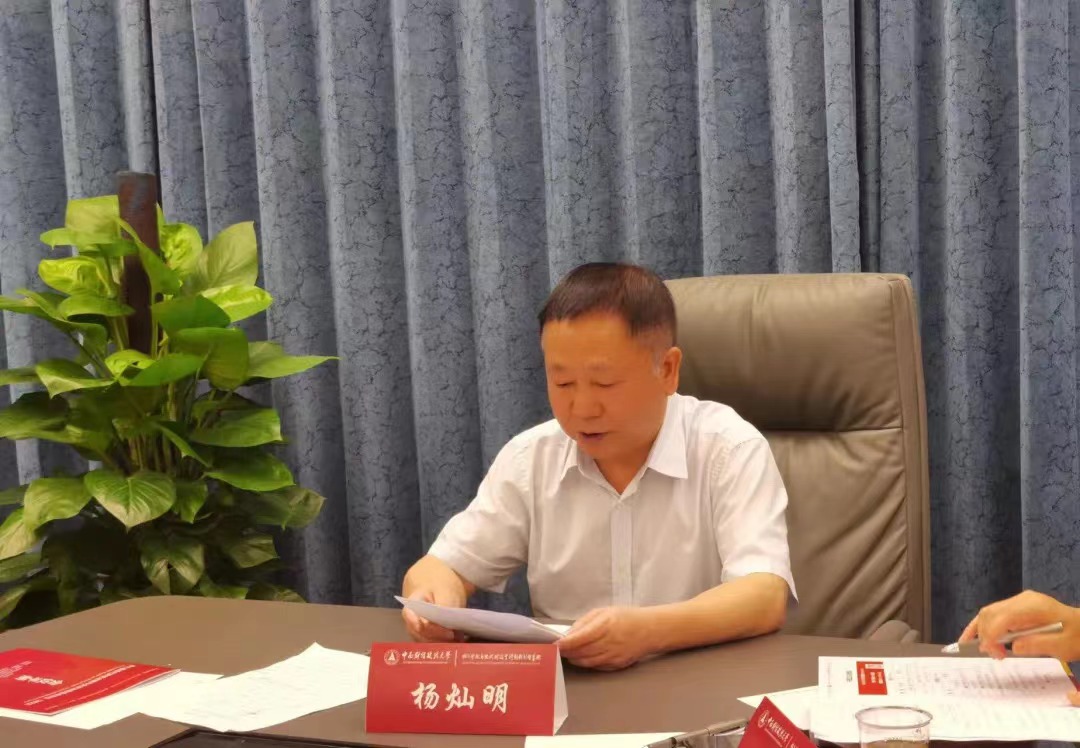
Professor Yang Canming, President of Zhongnan University of Economics and Law and Director of IIDPF
Professor Yang Canming, President of Zhongnan University of Economics and Law and Director of IIDPF, began his speech by expressing his warm welcome and heartfelt thanks to the experts and scholars for their presence. President Yang pointed out that this year is the beginning of China's progress towards the second century goal and the start of a new journey to build a comprehensive socialist public country, as well as the key year for the implementation of the 14th Five-Year Plan. In the context of globalisation, China, as the world's second largest economy, is facing the dual pressure of changes in the domestic and international environment. How to build a public financial system to support China's better participation in and reshaping of the global governance system, to devise new ways to promote balanced global development, and to inject new vitality into the building of a community of human destiny, urgently requires a response at both the theoretical and practical levels.
II. Keynote Speeches
Professor Wei Shangjin from Columbia Business School shared his keynote speech on "Financial Perspectives on International Governance". Based on the financial perspective of international economic governance, Professor Wei Shangjin discussed how developing countries can participate in international economic governance from the perspective of optimal discourse. Professor Wei Shangjin pointed out that in international economic governance, there is an optimal degree of voice for developing countries. Developing countries have a voice that can affect their ability to defend themselves against economic and financial risks and their long-term economic growth rate, but in some cases, having too much of a voice can be counterproductive.
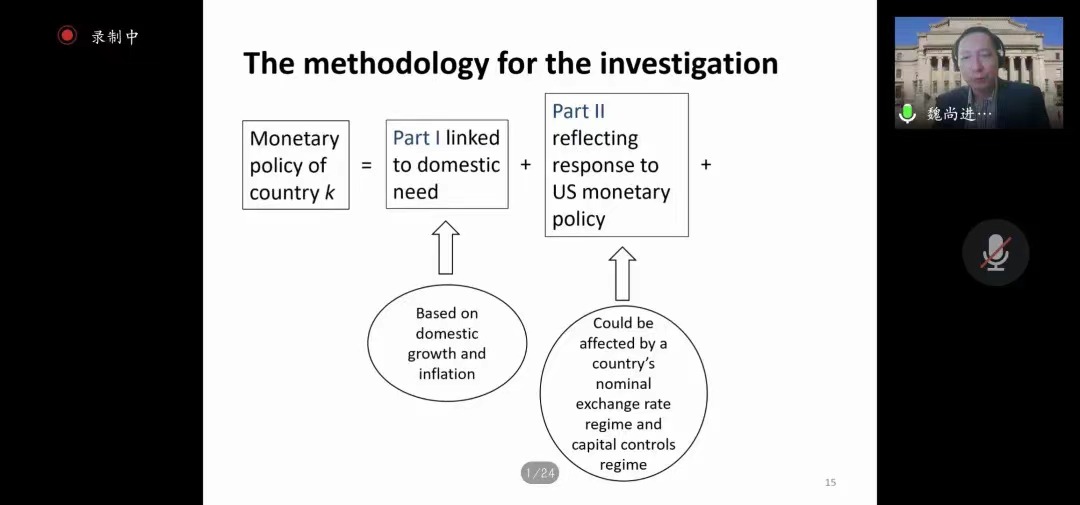
Professor Wei Shangjin from Columbia Business School
Research Fellow Liu Shangxi of the Chinese Academy of Fiscal Sciences delivered a keynote speech entitled "The Relationship between Finance and Monetary Affairs". Based on the policy perspective, Researcher Liu Shangxi discussed the relationship between finance and money from the perspective of the relationship between finance and finance. He introduced the relationship between finance and money in detail from three perspectives: fiscal balance and money, fiscal deficit and money, and national debt and money. Researcher Liu Shangxi pointed out that the inherent logical relationship between finance and money is not independent, and that finance is the basis of money and also the basis of finance as a whole.
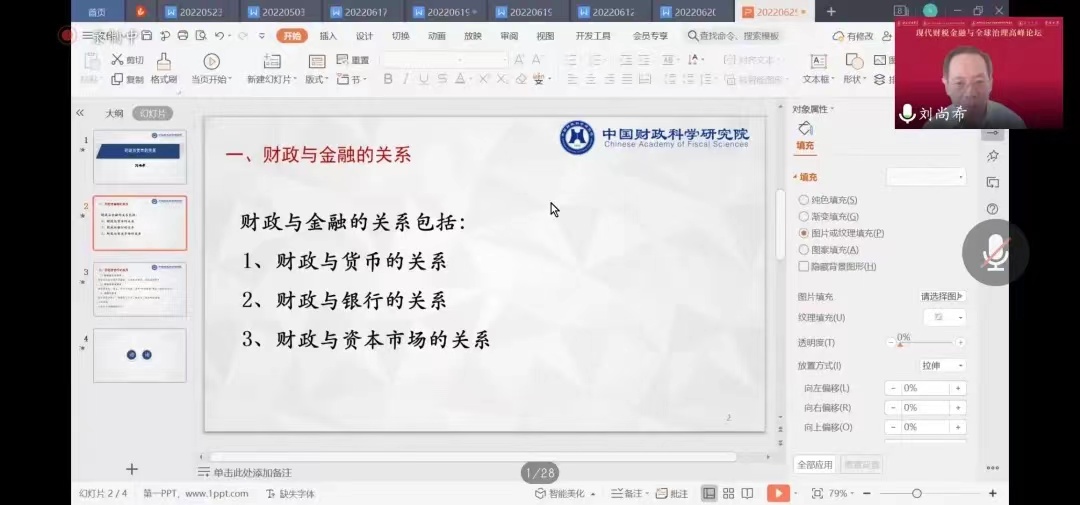
Liu Shangxi, Research Fellow, China Academy of Fiscal Science
Research fellow Liao Tizhong, Senior Advisor to the OECD's Fiscal Affairs Department, delivered a speech on the theme of "International Political Transformation and China's Tax Policy Adjustment". He outlined the evolution of the world political order as an evolution from neo-liberalism to neo-realism, and summarised the performance of China's tax policy and tax system in relation to foreign investment in the process of joining economic globalisation. Researcher Liao Tizhong pointed out that in the process of globalisation, maintaining a balance between the three major types of capital - state capital, private capital and foreign capital - is of paramount importance.
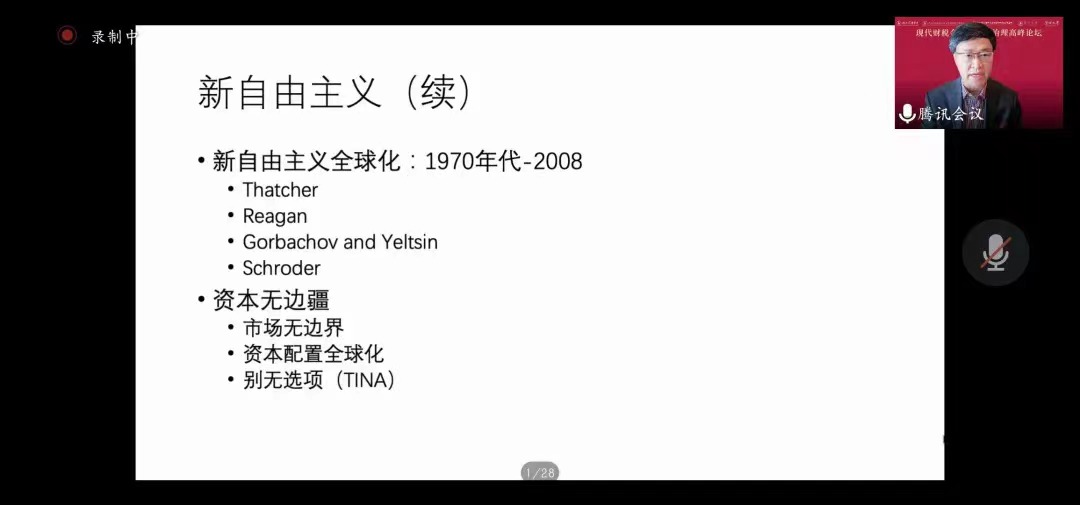
Research Fellow Liao Tizhong, Senior Advisor, OECD Fiscal Affairs Department
Professor Yang Zhiyong from the Institute of Financial Strategy of the Chinese Academy of Social Sciences delivered a speech on the theme of "Global Macroeconomic Governance: A Keynesian-centred Analysis". Starting from the specific issues of global macroeconomic governance, Professor Yang proposed the view that the national basis of global macroeconomic governance is the willingness of countries to negotiate, based on the realities of the International Monetary Fund reform, the new rules of international trade and economy and the Russia-Ukraine conflict. Combining Keynesian theory, Professor Yang Zhiyong pointed out that the governance of globalised macro issues requires countries to sit down and communicate with each other in dialogue, and discuss economic issues in relation to politics and ideology.
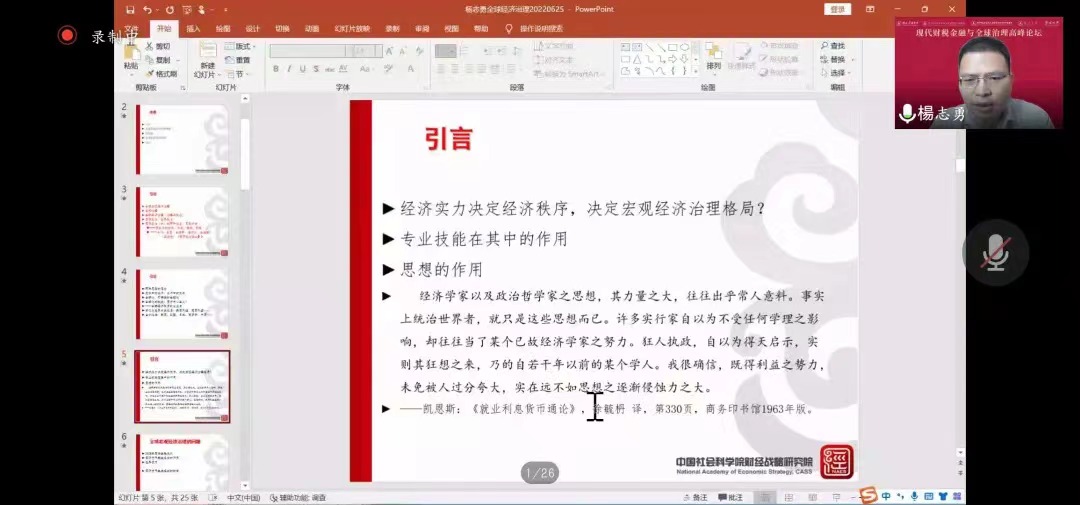
Professor Yang Zhiyong, Institute of Financial Strategy, Chinese Academy of Social Sciences
Professor Yu Miaojie from the National Development School of Peking University delivered a lecture entitled "The New Pattern of China's Economic Development". According to Professor Yu, based on the new development stage, the new development concept of "innovation as the first driving force, green as the universal ecology, coordination as the endogenous feature, openness as the necessary path, and sharing as the ultimate goal" should be truly achieved. In addition, Professor Yu further elaborated on the new development pattern from six aspects: added value of products, product quality, total productivity of enterprises, industrial concentration, industrial chain layout and industrial structure.
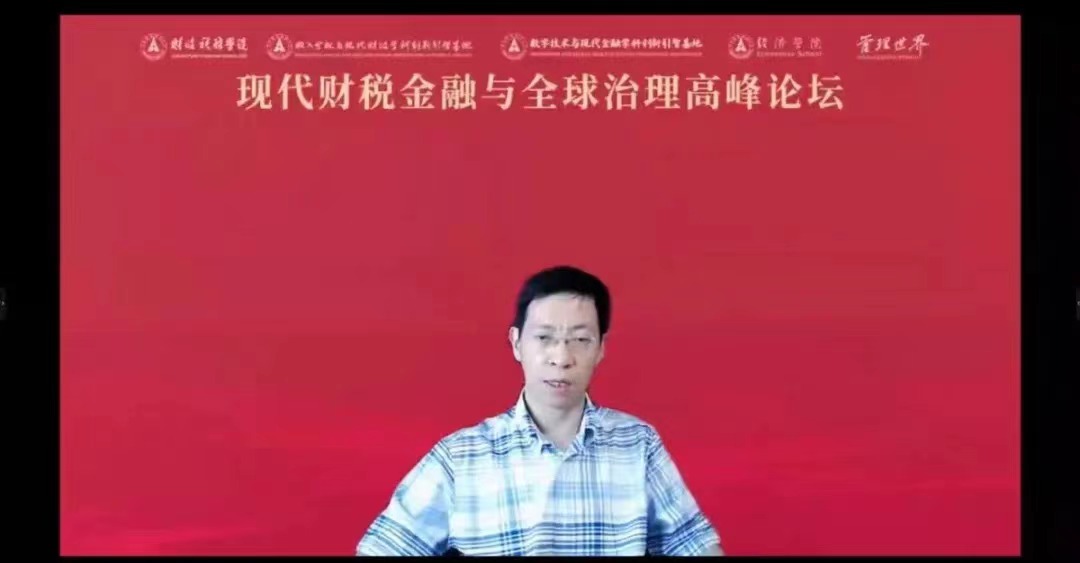
Professor Yu Miaojie, National Development School, Peking University
III. Sub-forums
The eight sub-forums in the afternoon were closely focused on the topics of land finance and local debt, tax cooperation and competition, digital economy and innovation, global governance, financial development and corporate governance, tax reduction, social security, coordinated development and governance. There was a lively atmosphere in the sessions, with scholars sharing their insights on relevant topics.


Sub-forums 1-8
The globe is at a critical time when the changes of the century and the pandemic of the century are overlapping, and global development is facing unprecedented challenges and crises. As the largest developing country and the world's second largest economy, China should put forward China's proposal for reforming the global governance system and promoting the building of a community of human destiny. At the Summit, experts and scholars gathered to provide the wisdom and solutions of Chinese scholars to promote the public financial and taxation system, and thus to promote, lead and reshape the change of the global governance system.
